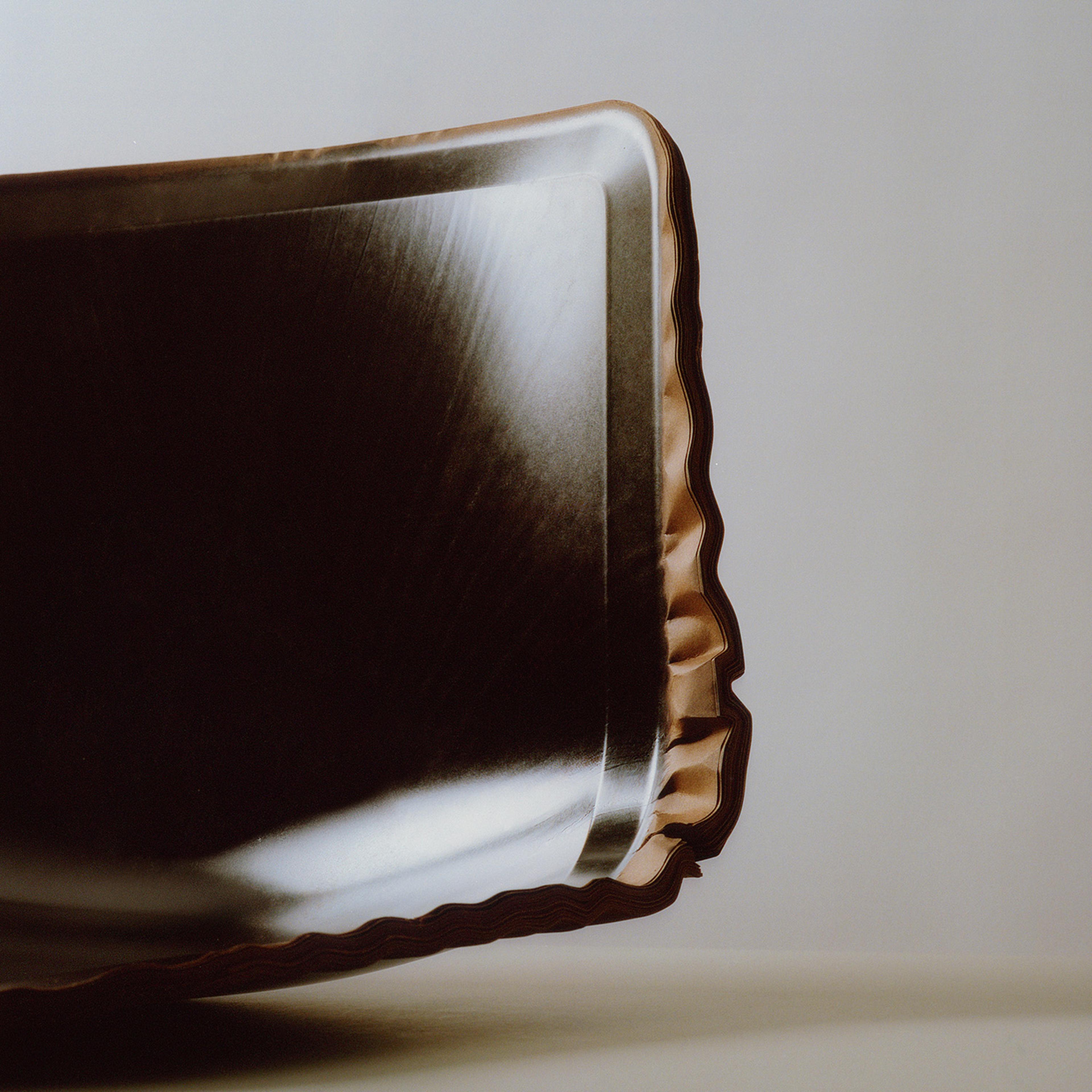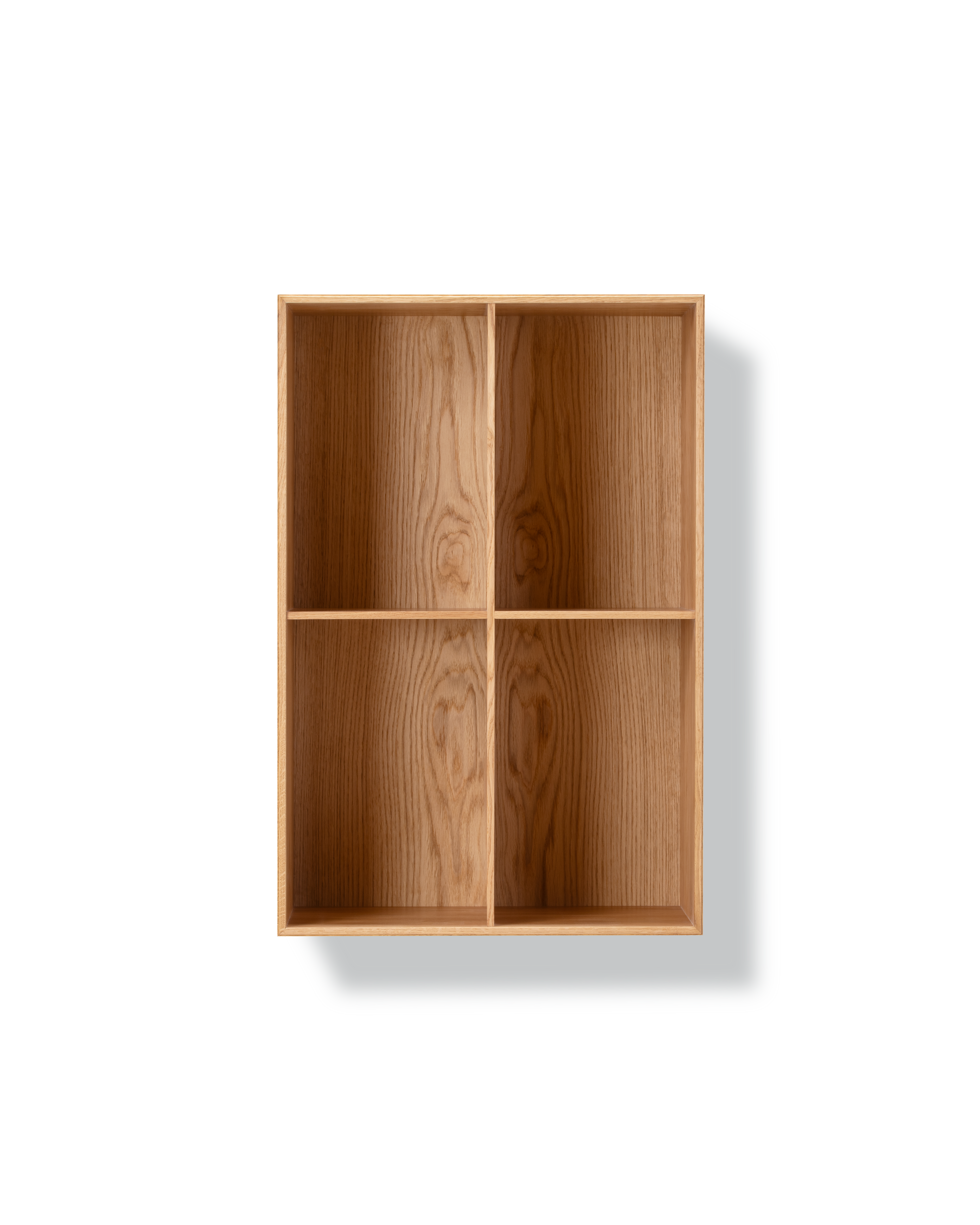Mogens Koch
Mogens Koch (1898–1992) quietly shaped Danish furniture design through an uncompromising commitment to clarity, craftsmanship, and functional elegance. Trained as an architect at the Royal Danish Academy of Fine Arts, where he graduated in 1925 and later returned as a professor, Koch applied architectural rigour to furniture, refining every detail with precision and restraint.
Influenced by mentors such as Kaare Klint and peers like Børge Mogensen, he drew inspiration from historical forms, distilling their enduring qualities into simple, modern pieces. His work emphasises honest materials, precise joinery, and a tactility that feels both grounded and graceful.
For Koch, design was not a matter of style but of necessity. Each piece was conceived to serve daily life, balancing function, proportion, and material into harmonious, enduring forms. Through his teaching and practice, he helped define the principles of Danish Modern, leaving a legacy that is subtle in presence but timeless in impact.


“ The greatest purity of form is revealed in the everlasting, liberated from passing trends. This is why the simplest thing, like the bookcase system is forever contemporary. ”
Mogens Koch
Foundations of a functionalist
While Mogens Koch is perhaps best known for his MK Bookcase System, his design philosophy extended far beyond modular shelving. Every project - furniture, architecture, or textiles - reflected the same quiet precision and human-centred purpose. Rather than seeking personal expression, Koch focused on refining form into its purest essence. Each piece was created with a clear function in mind and executed with meticulous attention to detail, resulting in furniture that is both adaptable and enduring.
In 1934, Koch established a studio with his cousin Peter, expanding his practice across disciplines including furniture, architecture, textiles, and typography. His furniture designs, including the MK Bookcase System (1928) and the Folding Chair (1932), exemplify restrained elegance, clarity, and adaptability. Collaboration with his wife, Ea Koch, extended these principles into textiles, transforming sketches and watercolours into tapestries defined by geometric simplicity, rhythmic repetition, and calm palettes.
His meticulous approach naturally extended across all disciplines, reflecting the same principles of clarity, adaptability, and human-centred design. From 1950 to 1968, he served as professor of architecture at the Royal Danish Academy of Fine Arts, bridging theory and practice for a new generation of architects.
Though often more discreet than contemporaries such as Hans J. Wegner, Børge Mogensen, and Arne Jacobsen, Koch’s work stands among the finest expressions of Danish functionalism. His work continues to resonate across generations, celebrated for its subtle presence, precise structure, and enduring elegance.


A modular masterpiece
Mogens Koch designed many of his furniture pieces in response to practical needs in his home, where space had to be used efficiently. This led to the creation of his iconic bookcases in 1928, a flexible and modular shelving concept designed to grow and adapt to the user’s needs. A system we at Fredericia are proud to carry forward today under the name MK Bookcase System.
1 of 7
A Striking Clarity of Form
Inspired by antique Roman folding chairs, Mogens Koch introduced the MK16 Folding Chair in 1932, guided by a quiet dedication to structure, proportion, and craftsmanship.
Every line and joint is reduced to its essential purpose. The construction is precise yet unassuming, an expression of functional rigour that feels almost effortless. Ingeniously engineered, the MK16 became the definitive folding chair: a design that blends utility and timeless elegance.
Designed to evolve with daily life, the chair's wood, leather, and brass develop a natural patina over time, adding depth, warmth, and character through use.
Each MK16 Folding Chair is meticulously handcrafted at Fredericia’s carpentry workshop, using solid oak or beech. Here, every detail is executed with the same care and precision as the original design, ensuring lasting durability and faithful adherence to Koch’s vision.
Meet our designers
Since our foundation in 1911, we have built up a strong tradition of beautiful craftsmanship and innovative design, developed in close collaboration with a circle of internationally recognised designers.





























